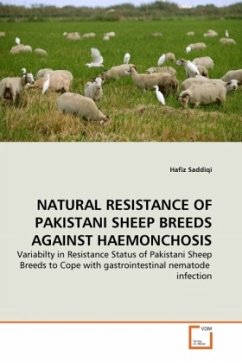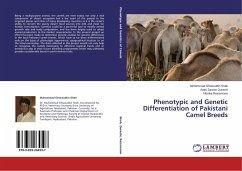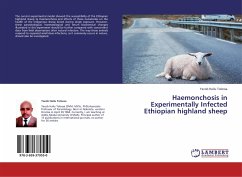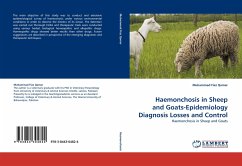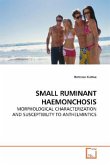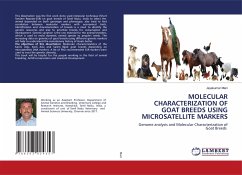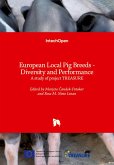Productive losses due to high prevalence of anthelmintic resistant Haemonchus (H.) contortus nematode has made the researchers to think about the animals with better natural resistance against this parasite. In the light of the outcome of present study, indigenous sheep breeds of Pakistan have genetic variability in resistance to haemonchosis. On the basis of parasitological, haematological and biochemical parameters, Lohi sheep breed has relatively better resistance status against haemonchosis than Kachhi and Thalli both in artificial and natural pasture infections. Lohi breed also exhibited the maximum level of cellular counts. His research was the first pace regarding this valuable worm control strategy. Incorporation of selected resistant stock in breeding programs could lessen dependence on chemical anthelmintics and encourage high demanded organic farming.
Bitte wählen Sie Ihr Anliegen aus.
Rechnungen
Retourenschein anfordern
Bestellstatus
Storno

